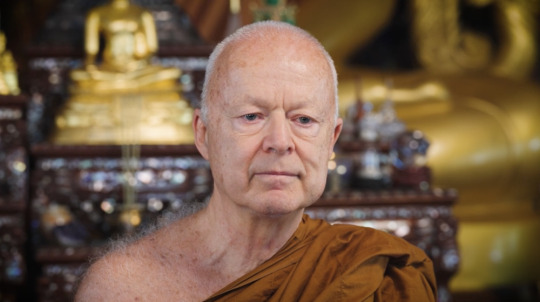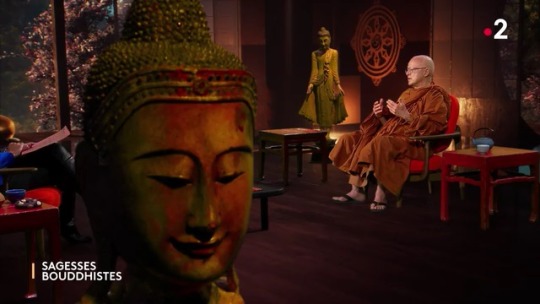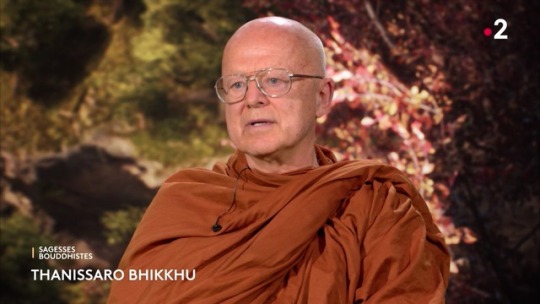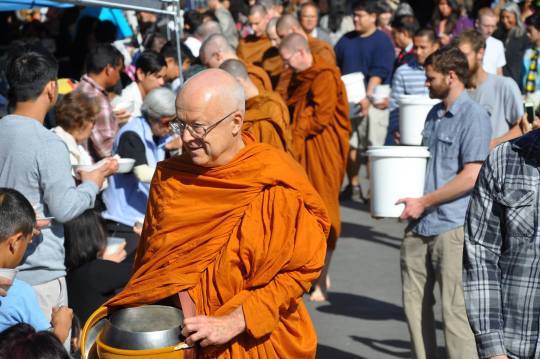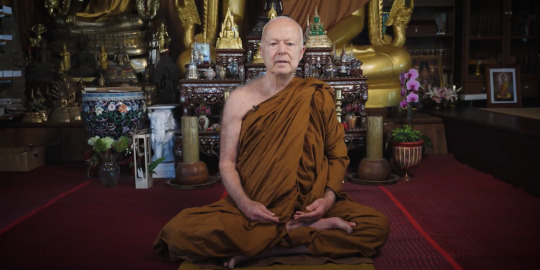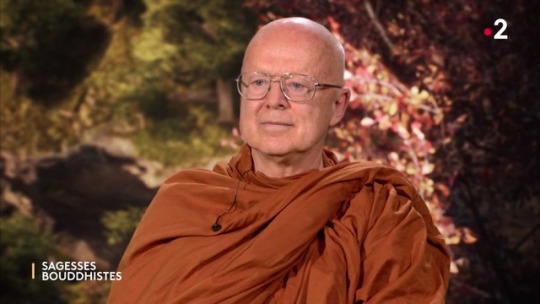#bhikkhu
Text










#Cyberpunk 2077#Night City#Valerian Vega#Joshua Stephenson#Rachel Casich#Bhikkhu#monks#Danny Plays Cyberpunk 2077
16 notes
·
View notes
Text
Respiration
L’esprit ne peut être séparé de son objet. L’esprit est conscience, sentiment, attachement, aversion… La conscience doit toujours être conscience de quelque chose. Ressentir, c’est toujours ressentir quelque chose. Aimer ou haïr, c’est toujours aimer ou haïr quelque chose.
Ce « quelque chose » est l’objet de l’esprit, qui ne peut pas apparaître s’il n’y a pas d’objet. L’esprit n’existe pas si…
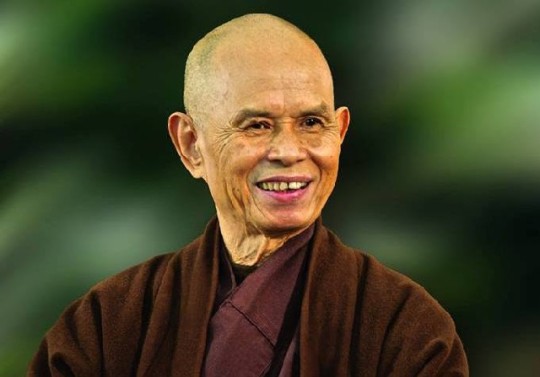
View On WordPress
0 notes
Text
The more you can free yourself from your internalization of the gaze of others, the more liberated you feel.
— Thanissaro Bhikkhu, “Under Your Skin” in Tricycle Magazine (Winter, 2014) (via Alive on All Channels)
46 notes
·
View notes
Photo

The Quest for Buddhism (87)
Middle Way - the fundamental of the Buddha's teachings
The term "middle" in the Middle Way refers not to the middle of between the two things, but to moving away from the two things and transcending contradictory conflicts, while the "way" refers to the practice and method.
The unbiased, middle and correct path that is free from the two views of refusal and regularity, or existence and nothingness.
The Middle Way (Skt: Madhyama -pratipada, Pali: Majjhima-paṭipada) is a common Buddhist term used to refer to one of the major aspects of the Dhamma, that is, the teaching of the Buddha. It was given by the Buddha during his first sermon to the five bhikkhus (first turning of the wheel) at Sarnath. It refers specifically to the Noble Eightfold Path (Ref).
The phrasing (with "patipada"), refers to a spiritual practice that steers clear of both extreme asceticism and sensual indulgence. This spiritual path is defined as the noble eightfold path that leads to awakening.
The term Middle Way is widely valued in Buddhism, and its meaning can be shallow or deep, but all sects agree that the core of their dogma is expressed in terms of the Middle Way.
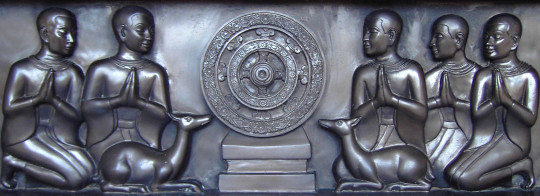
仏教の探求 (87)
中道〜ブッダの教えの基本
中道の〈中〉は、両極端な2つのものの中間ではなく、2つのものから離れて矛盾対立を超えることを意味し、〈道〉は実践・方法を指す。
断・常の二見、あるいは有・無の二辺を離れた不偏にして中正なる道のこと。
中道 (ちゅうどう、梵: マディヤヤマー・プラティパッド、巴: マッジマー・パティパダー)は、ダンマ、すなわちブッダの教えの大きな側面を指す共通の仏教用語である。ブッダが鹿野苑 (ろくやおん、梵: サールナート) において五比丘に対して初めての説法を行った際に(初転法輪)、ブッダによって与えられたものである。具体的には八正道(参照)を指す。
この表現 (“パティパダ”) は、極端な禁欲と官能的な耽溺の両方を避ける精神的な修行を指す。この精神的な道は、覚醒につながる八正道と定義されている。
中道の語は仏教において広く重んじられているため、その意味には浅深があるが、各宗がその教理の核心を中道の語で表す点は一致する。
#the middle way#buddha#buddha dharma#first turning of the wheel#sarnath#5 bhikkhus#noble eightfold path#spiritual path#patipada#buddhism#art#nature#philosophy#dogma#deer
87 notes
·
View notes
Text
"Sakka, ruler of the devas, approached the Blessed One, paid homage to him, stood to one side, and addressed the Blessed One in verse:
'Having slain what
does one sleep soundly?
Having slain what
does one not sorrow?
What is the one thing, O Gotama,
whose killing you approve?"
[The Blessed One:]
'Having slain anger, one sleeps soundly; having slain anger, one does not sorrow. The killing of anger, O Sakka, with its poisoned root and honeyed tip: this is the killing the noble ones praise, for having slain that, one does not sorrow.'"
- from the Samyutta Nikāya, 11:21. Edited by Bhikkhu Bodhi, The Buddha's Teachings on Social and Communal Harmony: An Anthology of Discourses from the Pāli Canon, 2016.
#bhikkhu bodhi#shakyamuni buddha#quote#quotations#sutras#anger#violence#killing#ethics#zen#buddhism#nonviolence
6 notes
·
View notes
Text
Intuitive Insight, by Buddhadasa Bhikkhu
Suppose we are examining a situation. Intuitive Insight, Buddhadasa Bhikkhu
Plus a free PDF eBook.
https://wp.me/pFy3u-mE
Now intuitive insight, or what we call ‘seeing Dhamma’, is not by any means the same thing as rational thinking. One will never come to see Dhamma by means of rational thinking. Intuitive insight can be gained only by means of a true inner realisation. For instance, suppose we are examining a situation where we had thoughtlessly become quite wrapped up in something which later caused us…

View On WordPress
#anatta#Anicca#Buddha dhamma#Buddhadasa Bhikkhu#Buddhist digital book#Buddhist eBook#dukkha#Photos Metropolitan Museum of art
2 notes
·
View notes
Text

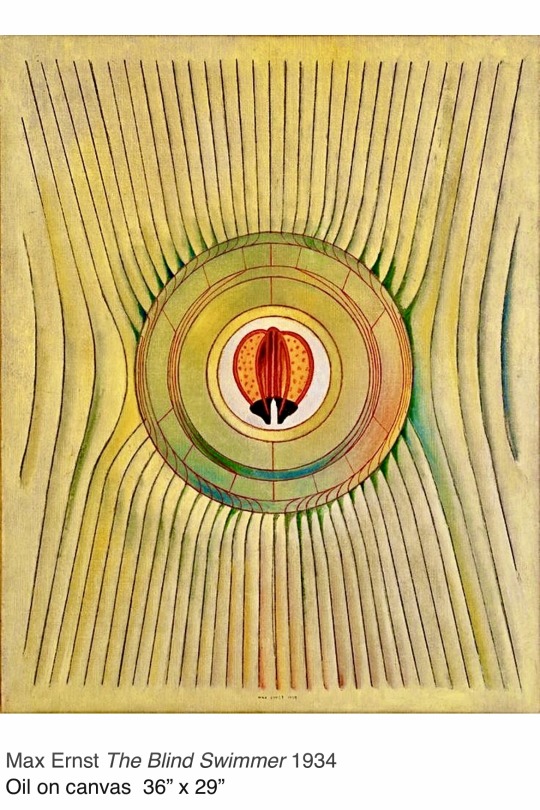

Giant Waterlily - Botanicum illustration by Katie Scott
© 2023 Copyright Katie Scott • https://katie-scott.com

You are not a drop in the ocean; you are the entire ocean in a drop.
— Rumi
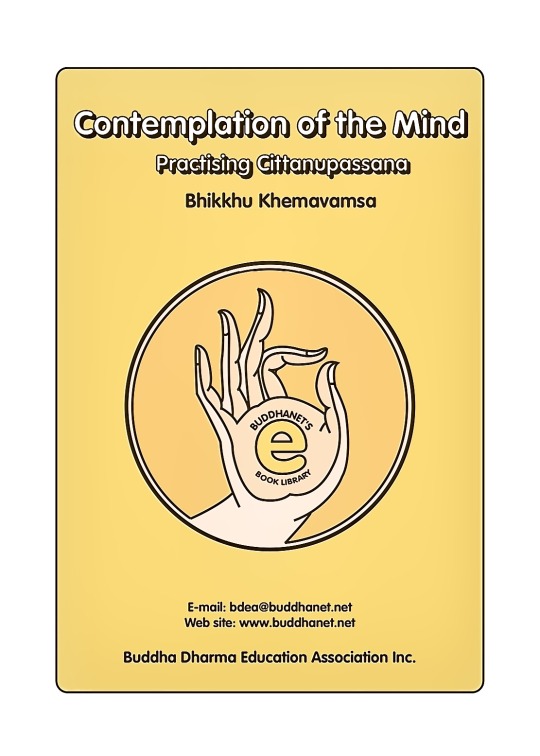
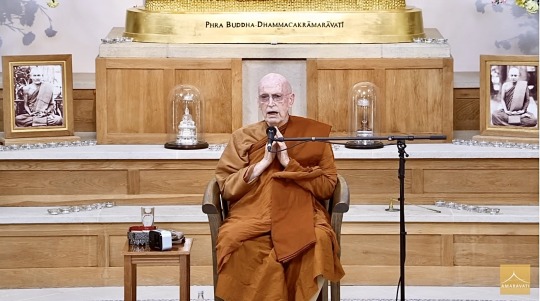
Ajahn Sumedho reflects on the Buddha’s teaching of The Four Noble Truths.
YouTube video via Buddhism now >> You don't have to believe these Four Noble Truths — but realise them. Asalha Puja Dhamma Reflection by Ajahn Sumedho [Filmed 1 August 2023 / 52mins.+10secs.]:
In this Dhamma talk, Ajahn Sumedho reflects on the Buddha’s teaching of The Four Noble Truths. Filmed on Asalha Puja day (1 August 2023) at Amaravati Buddhist Monastery, England UK.


Amaravati Buddhist Monastery, UK, Thai Forest Tradition of Ajahn Chah
Amaravati website: https://amaravati.org
•
#Virgil Thomson quotes#Max Ernst artworks#Katie Scott illustrations#Rumi poetry & quotes#Buddhism#Theravāda Buddhism#Thai Forest Tradition of Theravāda Buddhism#Buddadhamma#The Four Noble Truths#Buddhist teachings & practices#Buddhist Vipassana meditation#Four Foundations of Mindfulness (Satipatthana)#Contemplation of the Mind#Practising Cittanupassana#Bhikkhu Khemavamso#Buddhanet#Buddhism now#Buddha Dharma Education Association Inc.#Ajahn Sumedho#Amaravati Buddhist Monastery#YouTube
1 note
·
View note
Text
Dr. Sasanavangsha Mahathera: a tribute to a spiritual pathfinder of Assam
Dr. Ramala Sarma
“From the first day of our life until our last breath, the very foundation of our existence is affection and human warmth”. —The Dalai Lama
Dr. Sasanavangsha Mahathera, the abbot of Chalapother Buddhist Monastery, made his last unseemly and largely derisive gesture on August 23, 2023, signing off on the life, in the Buddhist words, “well-lived providing peace for…

View On WordPress
0 notes
Text
Bhikkhu Sri Pannyavaro Berikan Solusi Soal Rencana Tiket Naik Candi Borobudur
Bhikkhu Sri Pannyavaro Berikan Solusi Soal Rencana Tiket Naik Candi Borobudur
BNews–MAGELANG– Terkait rencana yang bisa naik ke atas Candi Borobudur dengan tiket khusus Rp 750 ribu, Bhikkhu Sri Pannyavaro Mahathera angkat bicara.
Bhikku Sri Pannyavaro Mahathera adalah salah satu Bhikku yang menjadi ‘biksu’ pioneer dalam sejarah Agama Buddha pada abad ke-19 di Indonesia. Ia mendirikan Vihara Mendut pada tahun 1977.
Ia mengatakan rencana tersebut membuat rakyat kecil…

View On WordPress
#Berita Jateng#Berita Jogjakarta#Berita Magelang#Berita Nasional#Berita Viral#Bhikkhu Sri Pannyavaro Mahathera#Borobudur News#Candi Borobudur#Magelang#Tiket Candi Borobudur#tiket naik candi borobudur#Wisata Magelang
0 notes
Text
Metta Means Goodwill
"Ajaan Fuang, my teacher, once discovered that a snake had moved into his room. Every time he entered the room, he saw it slip into a narrow space behind a storage cabinet. And even though he tried leaving the door to the room open during the daytime, the snake wasn’t willing to leave. So for three days they lived together. He was very careful not to startle the snake or make it feel threatened by his presence. But finally on the evening of the third day, as he was sitting in meditation, he addressed the snake quietly in his mind. He said, “Look, it’s not that I don’t like you. I don’t have any bad feelings for you. But our minds work in different ways. It’d be very easy for there to be a misunderstanding between us. Now, there are lots of places out in the woods where you can live without the uneasiness of living with me.” And as he sat there spreading thoughts of metta to the snake, the snake left.
"When Ajaan Fuang first told me this story, it made me stop and reconsider my understanding of what metta is. Metta is a wish for happiness—true happiness—and the Buddha says to develop this wish for ourselves and everyone else: “With metta for the entire cosmos, cultivate a limitless heart.” ( Sn 1:8) But what’s the emotional quality that goes along with that wish? Many people define it as “lovingkindness,” implying a desire to be there for other people: to cherish them, to provide them with intimacy, nurture, and protection. The idea of feeling love for everyone sounds very noble and emotionally satisfying. But when you really stop to think about all the beings in the cosmos, there are a lot of them who—like the snake—would react to your lovingkindness with suspicion and fear. Rather than wanting your love, they would rather be left alone. Others might try to take unfair advantage of your lovingkindness, reading it as a sign either of your weakness or of your endorsement of whatever they want to do. In none of these cases would your lovingkindness lead to anyone’s true happiness. When this is the case, you’re left wondering if the Buddha’s instructions on universal metta are really realistic or wise.
"But as I learned from Ajaan Fuang’s encounter with the snake, metta is not necessarily an attitude of lovingkindness. It’s more an attitude of goodwill—wishing the other person well, but realizing that true happiness is something that each of us ultimately will have to find for him or herself, and sometimes most easily when we go our separate ways.
1 note
·
View note
Text


'Eye of the Infinite'
'Sirius'
Talon Abraxas
“With the Divine Eye, which is purified and surpasses the human, a bhikkhu surveys a thousand worlds. Just as a man with good sight when he has ascended to the upper palace chamber, might survey a thousand wheel-rims, so too, with the Divine Eye, which is purified and surpasses the human, a bhikkhu surveys a thousand worlds.”
The Master said,
“I will give you
what no eye has seen,
what no ear has heard,
what no hand has touched,
and what has never occurred
to the human mind.”
(Egypt: Coptic Gospel of Thomas, 17)
— The Divine Eye and Divine Ear From East to West
55 notes
·
View notes
Text
"Now, bhikkhus, various phenomena in this world constantly change. Don't stop, just continue making an effort." - Buddha (Nirvana Sutra 6)

126 notes
·
View notes
Text
Buddha on mind purification
“Bhikkhus, before my enlightenment, while I was still only an unenlightened Bodhisatta, it occurred to me: ‘Suppose that I divide my thoughts into two classes'. Then I set on one side thoughts of sensual desire, thoughts of ill will, and thoughts of cruelty, and I set on the other side thoughts of renunciation, thoughts of non-ill will, and thoughts of non-cruelty.
“As I abided thus, diligent, ardent, and resolute, a thought of sensual desire or ill will would arise in me. I understood thus: ‘This thought of sensual desire or ill will has arisen in me. This leads to my own affliction, to others’ affliction, and to the affliction of both; it obstructs wisdom, causes difficulties, and leads away from Nibbāna.’ When I considered: ‘This leads to my own affliction,’ it subsided in me; when I considered: ‘This leads to others’ affliction,’ it subsided in me; when I considered: ‘This leads to the affliction of both,’ it subsided in me; when I considered: ‘This obstructs wisdom, causes difficulties, and leads away from Nibbāna,’ it subsided in me. Whenever a thought of sensual desire or ill will arose in me, I abandoned it, removed it, did away with it.
“Bhikkhus, whatever a bhikkhu frequently thinks and ponders upon, that will become the inclination of his mind. If he frequently thinks and ponders upon thoughts of sensual desire, he has abandoned the thought of renunciation to cultivate the thought of sensual desire, and then his mind inclines to thoughts of sensual desire. If he frequently thinks and ponders thoughts of sensual desire. If he frequently thinks and ponders upon thoughts of ill will…upon thoughts of cruelty, he has abandoned the thought of non-cruelty to cultivate the thought of cruelty, and then his mind inclines to thoughts of cruelty.
“Just as in the last month of the rainy season, in the autumn, when the crops thicken, a cowherd would guard his cows by constantly tapping and poking them on this side and that with a stick to check and curb them. Why is that? Because he sees that he could be flogged, imprisoned, fined, or blamed [if he let them stray into the crops]. So too I saw in unwholesome states danger, degradation, and defilement, and in wholesome states the blessing of renunciation, the aspect of cleansing.
“As I abided thus, diligent, ardent, and resolute, a thought of renunciation or non-ill will would arise in me. I understood thus: ‘This thought of renunciation or non-ill will has arisen in me. This does not lead to my own affliction, or to others’ affliction, or to the affliction of both; it aids wisdom, does not cause difficulties, and leads to Nibbāna. If I think and ponder upon this thought even for a night, even for a day, even for a night and day, I see nothing to fear from it. But with excessive thinking and pondering I might tire my body, and when the body is tired, the mind becomes strained, and when the mind is strained, it is far from concentration.’ So I steadied my mind internally, quieted it, brought it to singleness, and concentrated it. Why is that? So that my mind should not be strained
“Just as in the last month of the hot season, when all the crops have been brought inside the villages, a cowherd would guard his cows while staying at the root of a tree or out in the open, since he needs only to be mindful that the cows are there; so too, there was need for me only to be mindful that those states were there.
“Tireless energy was aroused in me and unremitting mindfulness was established, my body was tranquil and untroubled, my mind concentrated and unified.
from 19. Dvedhāvitakka Sutta: Two Kinds of Thought of The Middle Length Discourses of the Buddha
17 notes
·
View notes
Text

Buddha to his disciples, mini-series (17)
Spiritual Silence
The Bhikkhus had gathered for a chat. The topic of conversation turned to what they had learnt at home. Those who had learnt the art of handling elephants talked proudly about it. Those who had learnt the art of horse-riding, archery and swordsmanship, the talk was endless. Then the Buddha came and asked, "What are you discussing?"
Hearing their response, "Bhikkhus, there are two things you do when you gather together. Either you discuss the Dharma or you keep spiritual silence." The Buddha warned them.
Khuddaka Nikāya 3・9
Note: In Buddhism, dharma refers to "cosmic law and order"

ブッダから弟子たちへ、ミニシリーズ (17)
聖なる沈黙
比丘たちが集まって雑談をしていた。話題は、彼らが家にあっていかなることを学んでいたか、になった。象を御する技を学んでいた者は、その自慢話する。乗馬の技を学んでいた者、弓術、剣術を学んでいた者、話題は尽きない。そこに釈迦が来て、「何の話か?」と問われた。
彼らの話を聞いて、「比丘たちよ、汝らが集まったときにすることは二つだ。法について語り合うか、聖なる沈黙を守るか、いずれかである。」と、釈迦は彼らを叱った。
グッダ・ニカーヤ3・9
注: 仏教では、法(ダルマ) とは "宇宙の法則と秩序 "のことである。
116 notes
·
View notes
